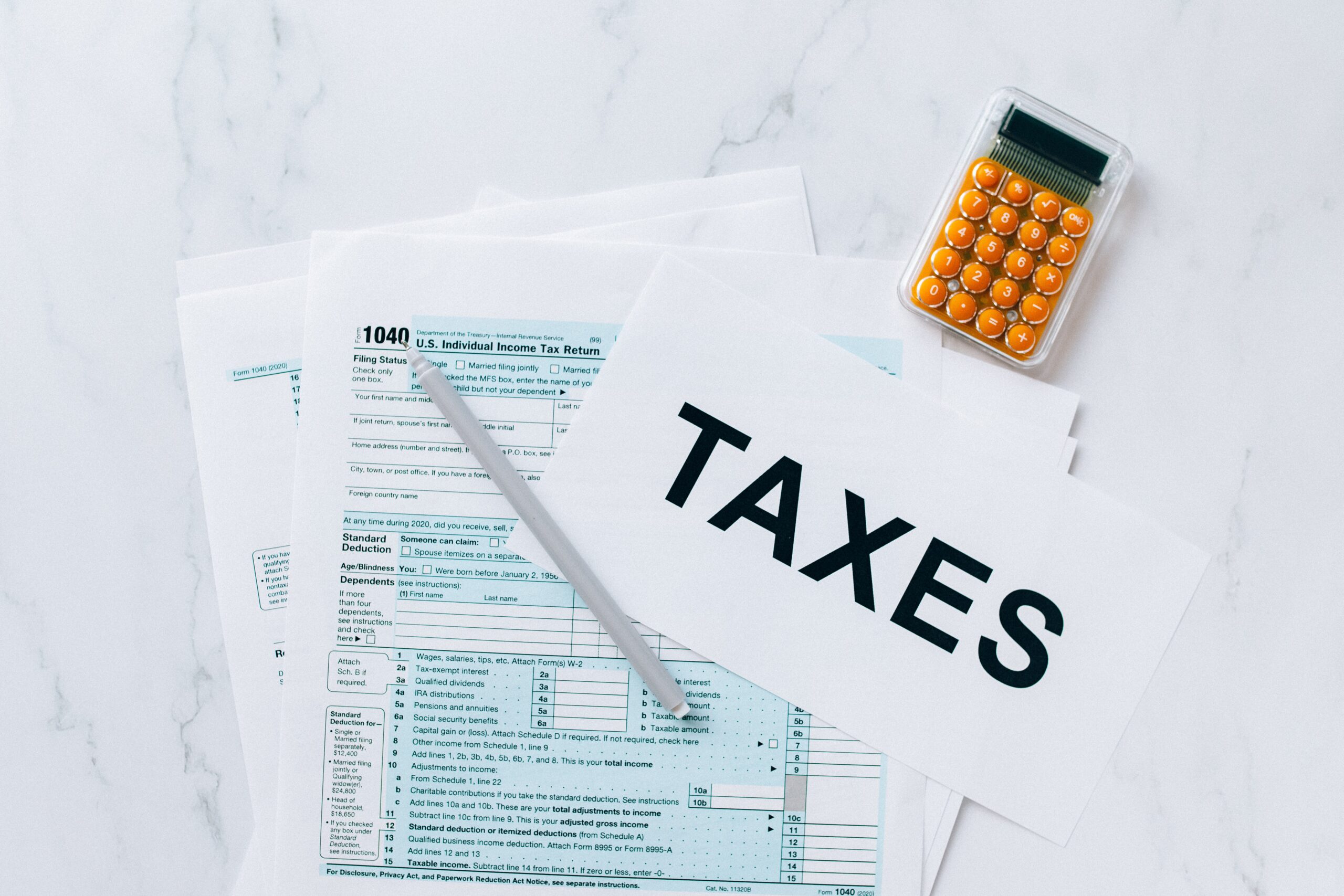Navigating Tax and Regulatory Hurdles in Nigeria’s Fintech Sector
The rapid growth and innovation within the Nigerian Fintech industry have transformed the financial landscape and presented unique and complex tax challenges. As Fintech companies continue to disrupt traditional financial services and expand their operations, navigating the evolving taxation landscape has become critical. The growth and competition within the payment gateway industry, as exemplified by companies like Flutterwave, Paystack, Remita, Interswitch, and others, are truly remarkable to witness. As reported by the Central Bank of Nigeria (CBN), E-payment transactions in 2022 reached an impressive volume of 22 billion. At the same time, data from the Nigeria Inter-Bank Settlement Systems (NIBSS) shows that electronic transactions amounting to ₦38.9 trillion were conducted through the NIBSS Instant Payment platform (NIP) as of November 2022 (+50.2% vs November 2021: ₦25.9 trillion). This is a testament to the robust expansion of the Fintech sector in Nigeria, attracting policymakers in terms of supporting their growth and boosting tax collections from the sector. We will delve into the problems and obstacles at hand, while also exploring potential solutions for the way forward.


